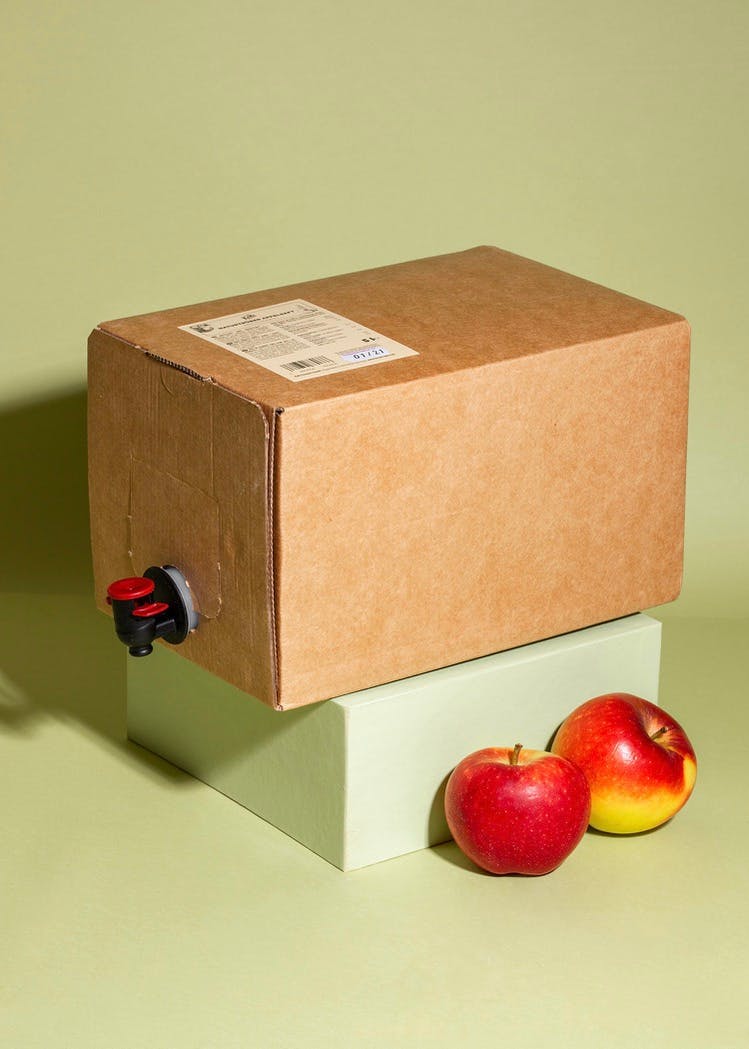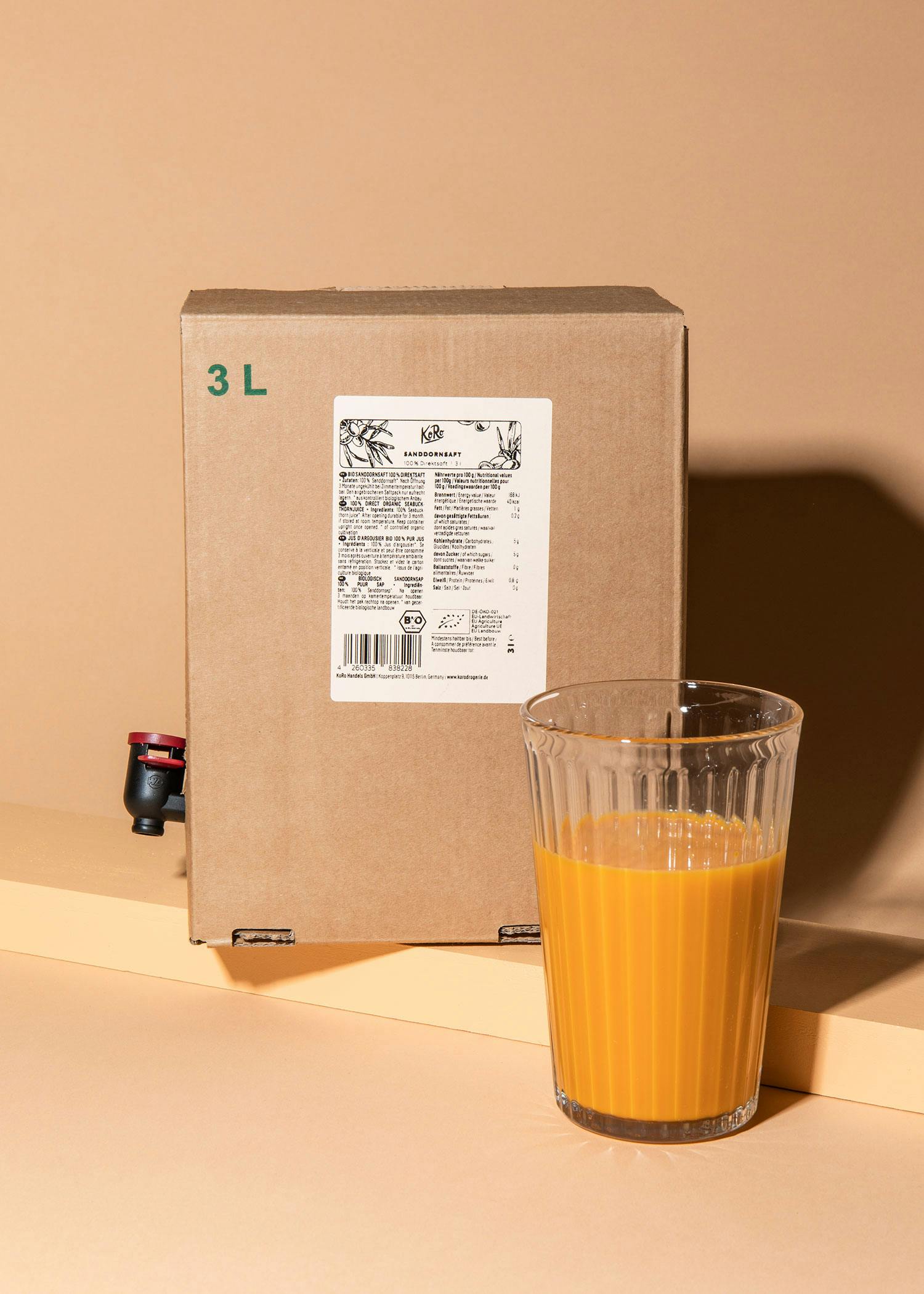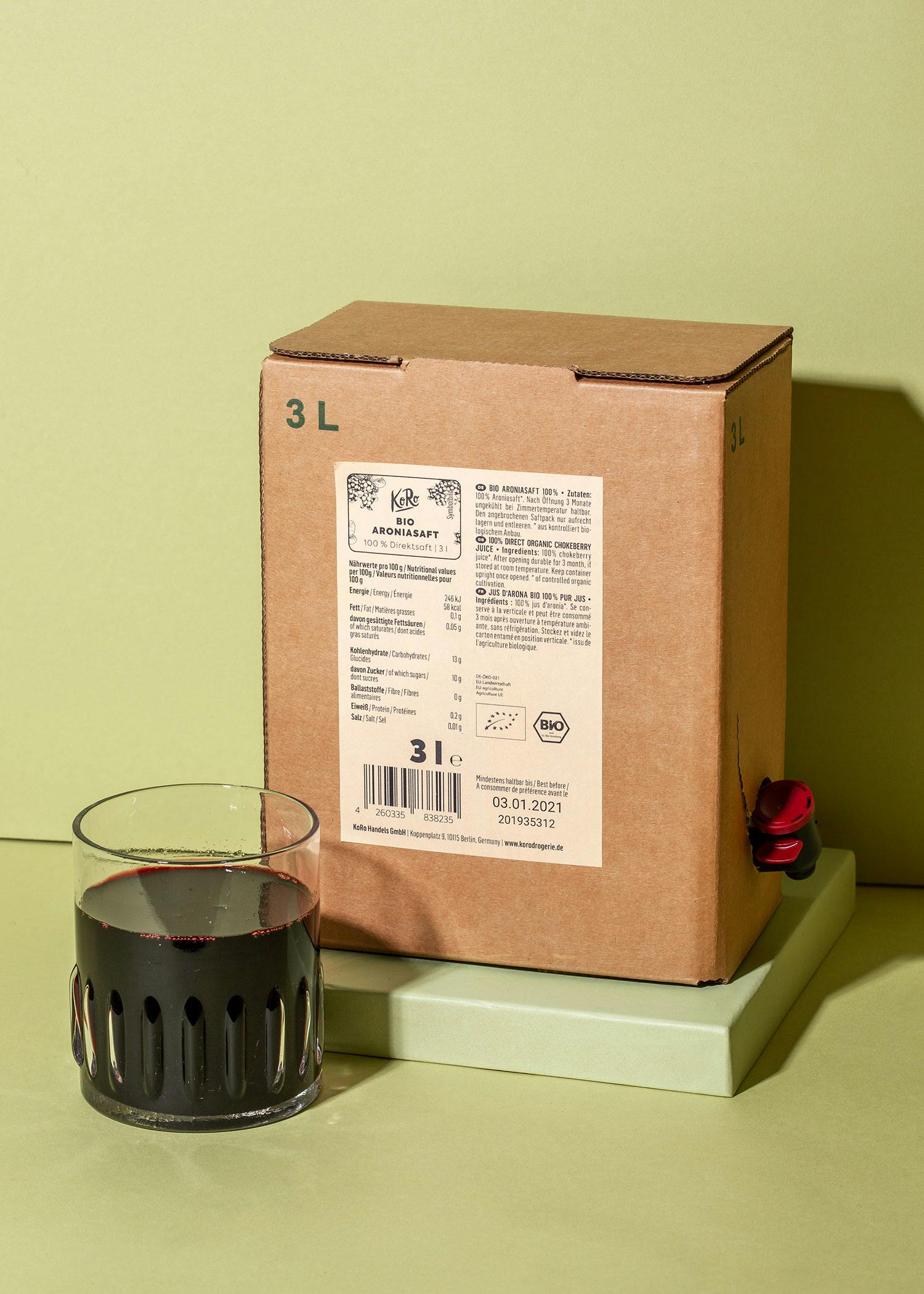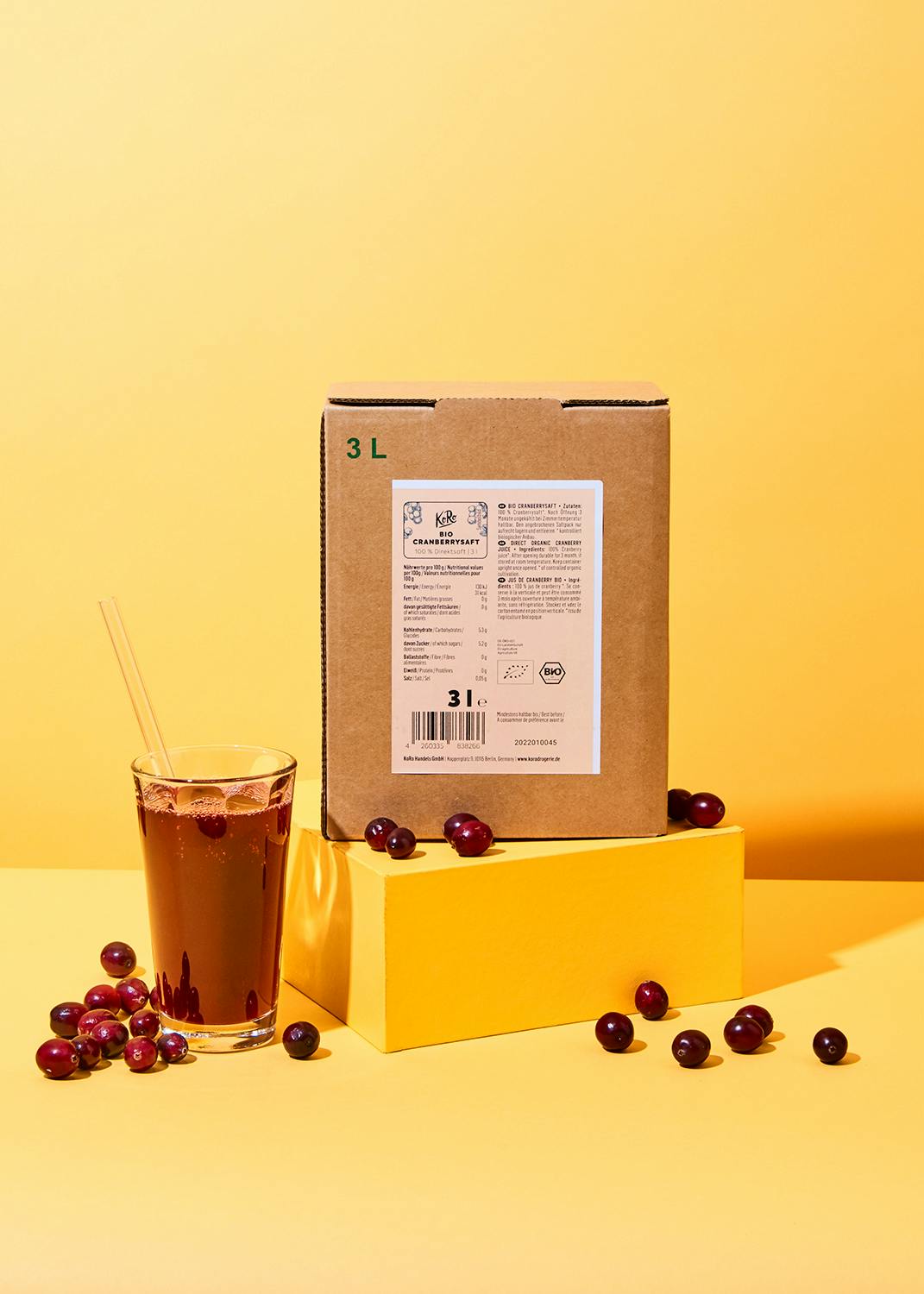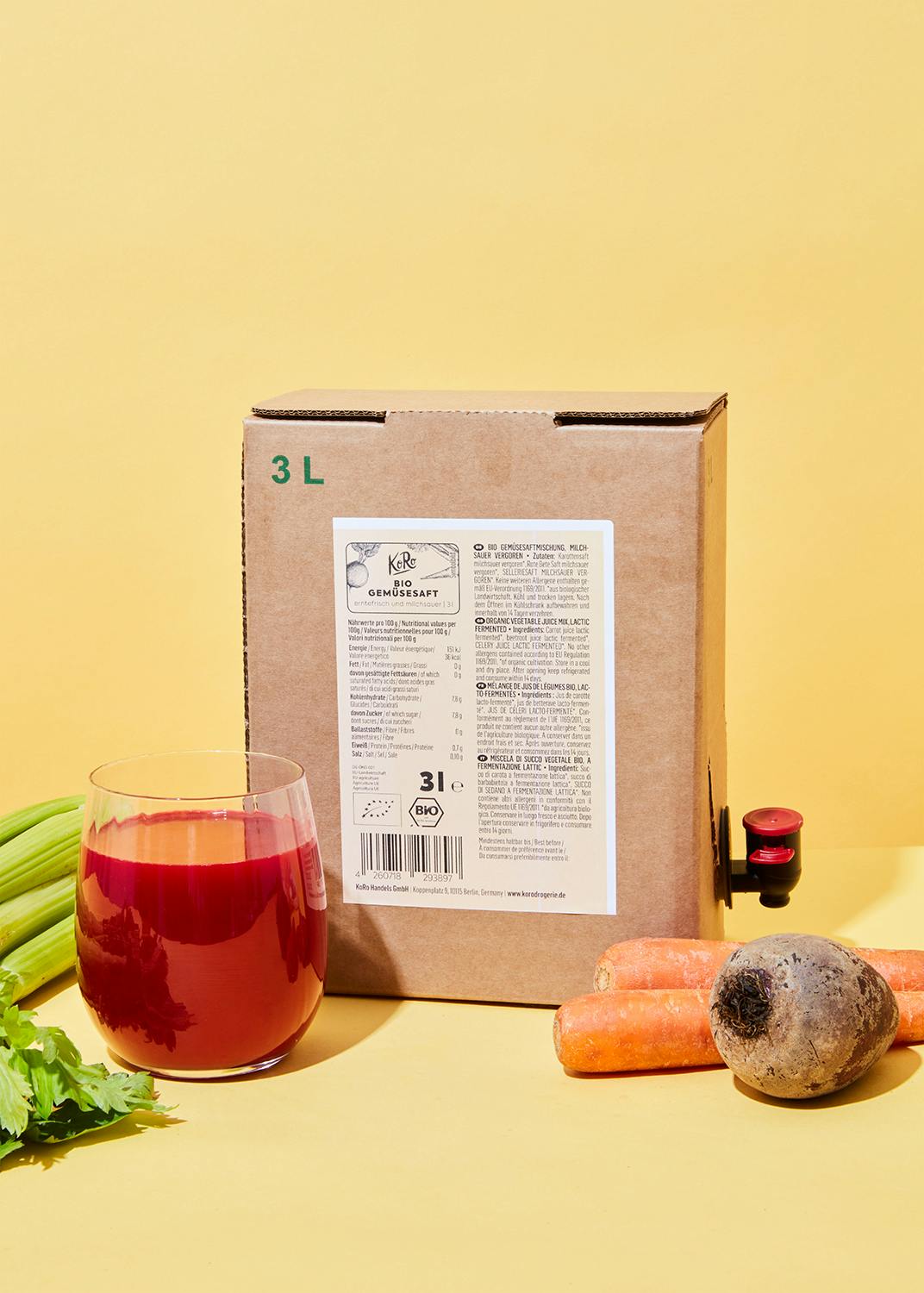What does detox actually mean?
Detox comes from the English and means "detoxification". A detox is therefore intended to detoxify the body - the only question that remains is what from? Followers of the detox movement believe that there are toxins in our bodies that can be flushed out with a detox. This often involves the intestines, as many strains of bacteria that have both positive and negative properties accumulate there due to our diet, among other things, and the latter should be flushed out by the detox.
And how does it all work?
Probably the most popular form of detox is the juice diet, also known as juice fasting. This involves drinking only juices made from various types of fruit and vegetables over a period of around three to seven days. The main argument in favor of juices is that by consuming only liquid foods, you give your stomach and intestines a "time-out". However, biology has not been taken into account here. For both our stomach and intestines, it doesn't really matter whether food arrives in liquid or solid form. From a nutritional point of view, however, it does make a difference because the skin of fruit and vegetables is often removed when juicing. However, most of the fiber, which has a positive effect on blood sugar levels, is found in and under the peel. The consumption of fruit and vegetable juices tends to cause a faster rise in blood sugar levels, which has a negative effect on the feeling of satiety.
Our body is a (cleansing) machine
Good news: our body gets rid of most toxins all by itself! And it does so with the support of its highly developed cleansing team: liver, kidneys, intestines, skin and respiration. Pretty cool, isn't it? Unfortunately not quite so cool for marketing. But many of the companies are right: Your diet and lifestyle have a big impact on supporting your organs' cleansing abilities. For example, high alcohol consumption can weaken your liver and cause it considerable damage in the long term. What you eat also has a particular impact on the intestinal bacteria mentioned above. In this sense, fruit and vegetable juices are also positive. However, as is so often the case, it is a balanced and varied diet that achieves the best results. After all, gut bacteria also have their preferences.\n\n
And what about autophagy?
Autophagy, i.e. cell cleansing, is also supposed to be stimulated, according to many juice cure manufacturers, as you generally eat less during the juice cure. However, autophagy usually only sets in after 12 to 16 hours of fasting and develops its full effect up to 72 hours after the start of the fast. The insulin level must remain constantly low. Fruit juices in particular tend to be counterproductive in this respect, as they influence insulin levels due to the natural sugar in the fruit. Remember: detox is not the same as fasting. It doesn't matter whether the juice diet is three or seven days long - as soon as the conditions necessary for autophagy are not met, autophagy will not occur. If you want to find out more about fasting, keep an eye out for a detailed article on our blog soon.
The weight loss thing
Juice diets are also advertised to help people lose weight. This makes total sense at first, as most people consume far fewer calories during a juice cleanse than on an average weekday with solid meals. However, in such a short period of time, it is usually a loss of water and not fat that leads to weight loss. If you are now thinking: "Then maybe I just need to extend the juice diet, we have to stop you. A juice diet is not recommended in the long term because not only are you consuming far too few calories, but juices usually contain a lot of carbohydrates but little to no fat or protein. You would therefore be missing out on important macronutrients. Some vitamins and minerals are also not found in fruit and vegetables, but in pulses, cereals, milk, fish and meat. The latter can of course be supplemented by vegans with the help of various food supplements. \n
Other detox strategies
A very well-known detox is the "master cleanse detox diet" or lemon juice diet, in which you drink a mixture of cayenne pepper, lemon juice, maple syrup and water as soon as you feel hungry. Sounds wild? It is. There is only one human study that examined this diet over ten days and came to the conclusion that the group that drank lemon juice lost more weight. In addition, insulin resistance, i.e. the ability to absorb insulin quickly into the cells, was reduced. This is a positive sign, as with increased insulin resistance, the insulin continues to circulate in the blood instead of entering the cells. This can promote prediabetes and type 2 diabetes mellitus. However, with only one study, the study situation is not very conclusive and the weight loss is probably due to severe calorie restriction. Sooner or later, the raw food detox diet also leads to a nutrient deficiency, as you can only eat uncooked foods. This point is even more important with the mono-fruit detox diet, as you only drink juice from one type of fruit. \n
Conclusion
Even though we love drinking our fruit and vegetable juices, we would advise against pure juice diets or detox cures. Your body doesn't need any cures to detoxify itself. However, if you want to support it in this process, a change in diet that includes lots of vegetables, fruit, pulses and wholegrain products, for example, can contribute to a healthy intestinal flora. Detox is also not a sustainable solution, as it can lead to nutrient deficiencies. In addition, a yo-yo effect is sometimes encouraged, as your basal metabolic rate can be lowered during the days of the detox diet, so that you could gain weight even though you return to your normal eating habits. If you want to lose weight for health reasons, a healthy weight loss strategy is one that can be sustainably integrated into your everyday life and, above all, does not rob you of the pleasure of eating. Although calorie restriction plays the most important role in weight loss, this can be promoted by cutting out snacks in between meals or consuming more calories, e.g. through sport or more exercise in everyday life.
If you would still like to try a juice diet, please discuss this with your doctor.
